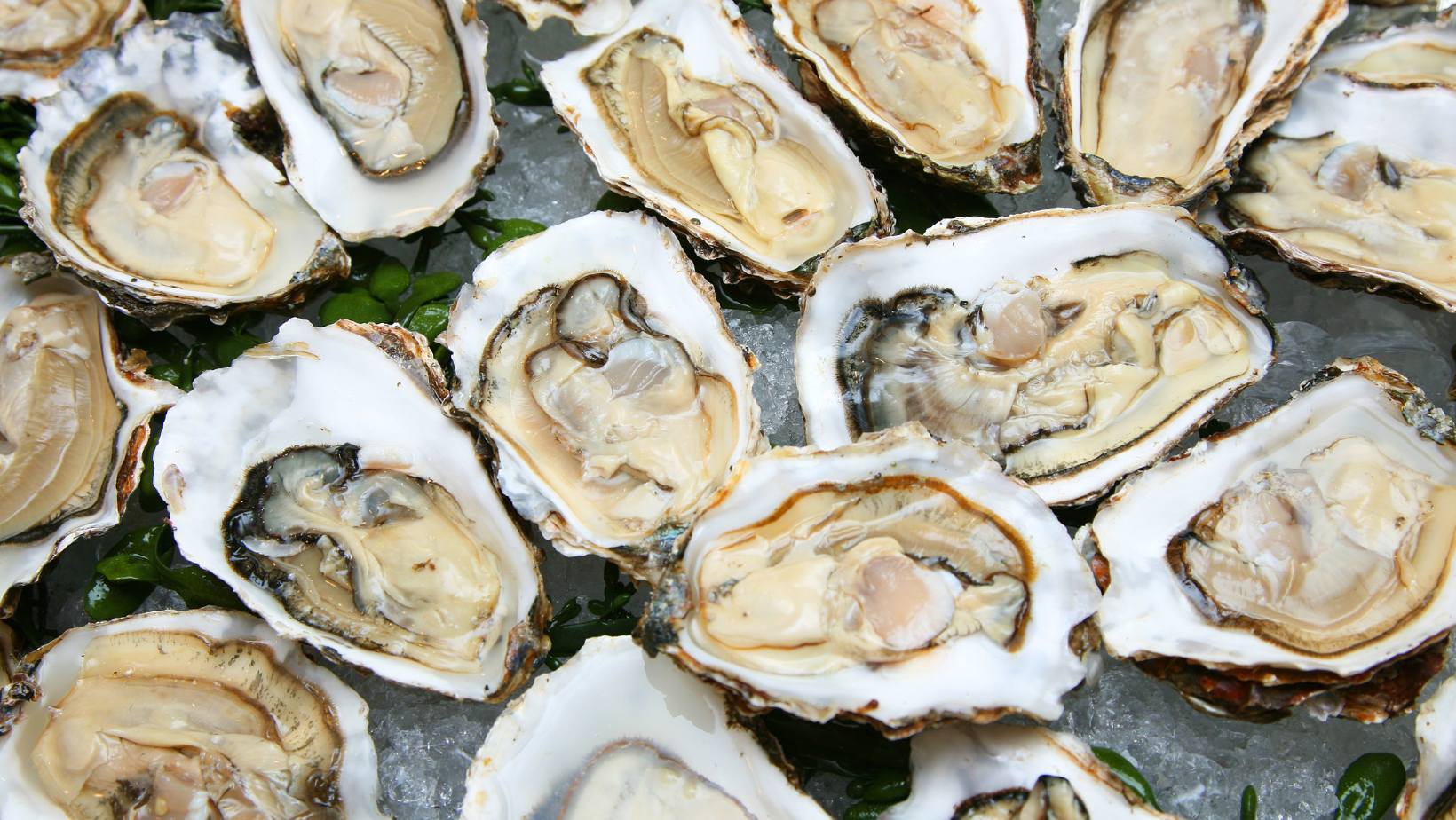Zinc is an essential mineral that plays a crucial role in maintaining overall health. Since your body doesn’t store zinc, it’s important to consume enough through your diet each day to meet your requirements. Some groups, such as infants, teenagers, the elderly, and women who are breastfeeding or pregnant, are at a higher risk for zinc deficiency. In this article, we’ll explore six of the best food sources of zinc to help you optimize your intake.
1. Meat: A well-known source of zinc
Red meat, including beef, pork, and lamb, is a particularly good source of zinc. A 100-gram (3.5-ounce) serving of raw ground beef contains 4.8 milligrams of zinc, which is 43% of the recommended daily intake for men. This serving also provides 176 calories, 20 grams of protein, and 10 grams of fat, along with other essential nutrients like iron, B vitamins, and creatine.
However, it’s important to note that consuming large amounts of red meat, especially processed meat, has been linked to an increased risk of heart disease and certain types of cancer. To minimize these risks, it’s recommended to limit red meat consumption to once or twice per week while still reaping the benefits of its zinc content.
2. Shellfish: Low-calorie, zinc-rich options
Shellfish are healthy, low-calorie sources of zinc, with oysters being a standout option. Just six medium oysters provide an impressive 32 milligrams of zinc, which is 290% of a man’s daily recommended intake. Other types of shellfish, while containing less zinc than oysters, are still good sources of this essential mineral.
If you’re pregnant, it’s crucial to ensure that shellfish is cooked thoroughly to minimize the risk of food poisoning. Proper cooking will help you safely enjoy the zinc benefits of shellfish during this important life stage.
3. Legumes: Plant-based zinc for vegetarians and vegans
Legumes, such as chickpeas, lentils, and beans, contain substantial amounts of zinc, making them an important source for people following vegetarian or vegan diets. A 100-gram serving of lentils provides approximately 12% of your daily recommended zinc intake.
It’s worth noting that legumes also contain phytates, which are anti-nutrients that can inhibit the absorption of zinc and other minerals. As a result, the zinc from legumes may not be as well absorbed as the zinc from animal products. Despite this, legumes remain a valuable source of zinc, plant-based protein, and fiber for those following plant-based diets.
4. Dark chocolate: A surprising source of zinc
Dark chocolate may come as a surprise on this list, but it actually contains good amounts of zinc. A 100-gram (3.5-ounce) bar of 70-85% dark chocolate provides 3.3 milligrams of zinc, which is 30% of your recommended daily intake.
However, it’s important to keep in mind that a 100-gram bar of dark chocolate also contains about 600 calories. While dark chocolate does offer some beneficial nutrients, it shouldn’t be relied upon as your sole source of zinc. Enjoy it in moderation as part of a balanced diet.
5. Nuts: A convenient, zinc-rich snack
Nuts, including pine nuts, cashews, almonds, and even peanuts, are a good source of zinc. Cashews are a particularly great choice, with a one-ounce (28-gram) serving containing 14% of your daily recommended zinc intake.
Not only are nuts a quick and convenient snack, but they have also been linked to a reduction in risk factors for several diseases, such as heart disease, cancer, and diabetes. Incorporating a variety of nuts into your diet can help you meet your zinc needs while providing other health benefits.
6. Seeds: A healthy addition to your diet
Seeds are another healthy addition to your diet that can help you meet your zinc requirements. Some seeds are particularly rich in zinc, such as hemp seeds, with three tablespoons (30 grams) containing 31% and 43% of the recommended daily intake for men and women, respectively.
Other seeds that contain significant amounts of zinc include squash, pumpkin, and sesame seeds. Including a variety of seeds in your diet has been linked to additional health benefits, such as reduced cholesterol levels and lower blood pressure.
Your questions answered about zinc-rich foods
Are there any vegetarian sources of zinc?
Yes, there are several vegetarian sources of zinc, including legumes, nuts, seeds, and whole grains. However, it’s important to note that the zinc from plant-based sources may not be as easily absorbed as the zinc from animal products due to the presence of phytates. Vegetarians and vegans should aim to consume a variety of zinc-rich plant foods to ensure they meet their daily requirements.
Can I take zinc supplements instead of eating zinc-rich foods?
While zinc supplements can be an effective way to increase your zinc intake, it’s always best to prioritize obtaining nutrients from whole food sources. Zinc-rich foods not only provide zinc but also offer a variety of other essential nutrients that work synergistically to support overall health. If you suspect you may have a zinc deficiency, consult with a healthcare professional to determine if supplements are necessary.
How much zinc do I need per day?
The recommended daily intake of zinc varies by age and sex. Adult men require about 11 milligrams of zinc per day, while adult women need 8 milligrams. Pregnant and lactating women have higher zinc requirements, needing 11-13 milligrams per day. Children and teenagers also have varying zinc needs depending on their age and sex. Consult with a healthcare professional or registered dietitian to determine your individual zinc requirements.
